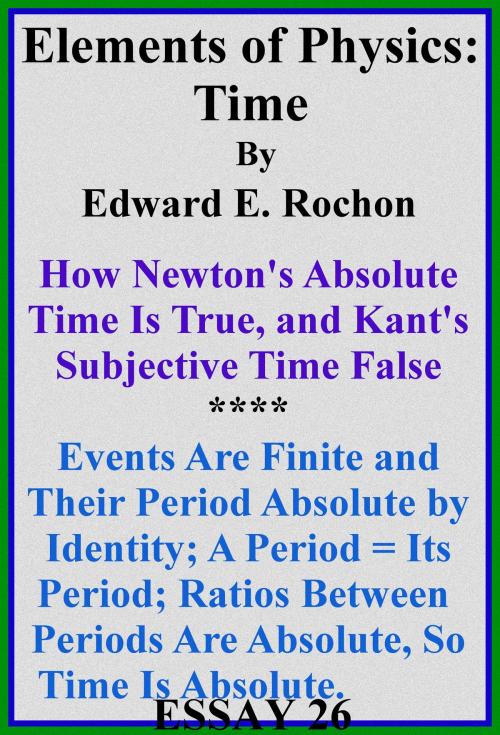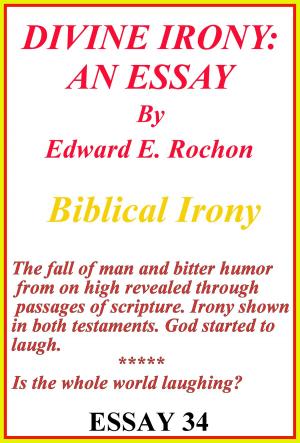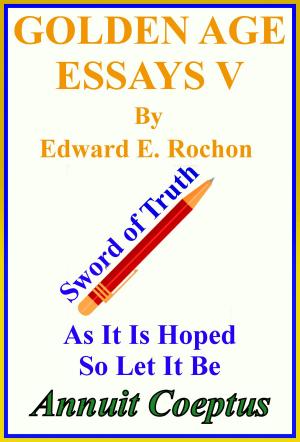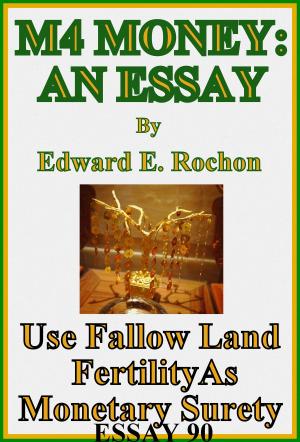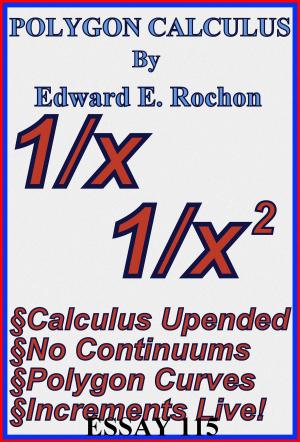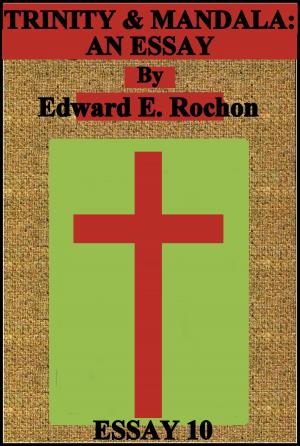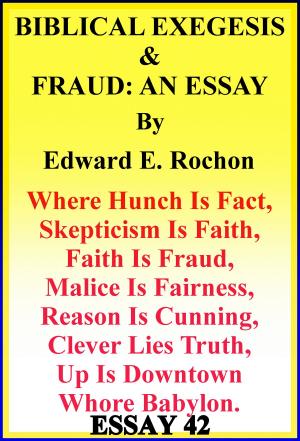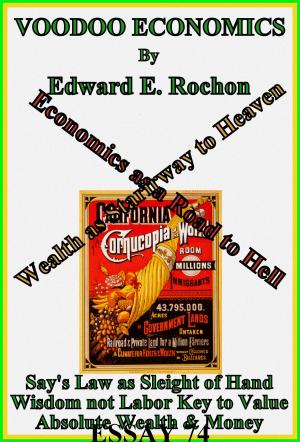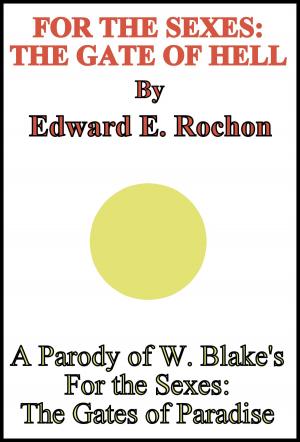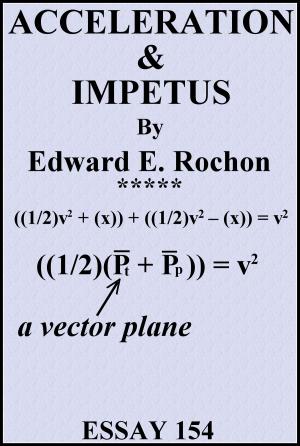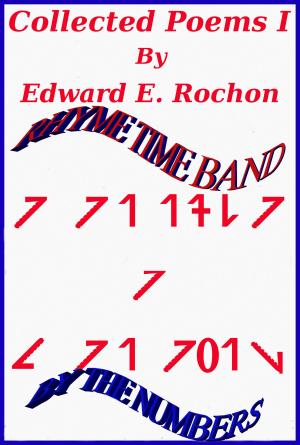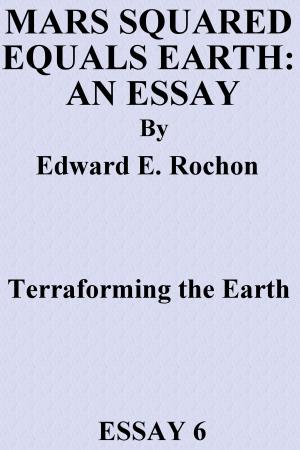Elements of Physics: Time
Nonfiction, Science & Nature, Science, Physics, Time, Health & Well Being, Psychology, Cognitive Psychology| Author: | Edward E. Rochon | ISBN: | 9781310437595 |
| Publisher: | Edward E. Rochon | Publication: | May 2, 2014 |
| Imprint: | Smashwords Edition | Language: | English |
| Author: | Edward E. Rochon |
| ISBN: | 9781310437595 |
| Publisher: | Edward E. Rochon |
| Publication: | May 2, 2014 |
| Imprint: | Smashwords Edition |
| Language: | English |
I show that time is an absolute through the identity principle. Everything is what it is and happens in the time it happens absolutely. The time is absolute and all ratios to other events are absolute. All events are absolute in summation and so with the whole of the cosmos. I suggest that a feeling of time distinct from events is possible by focusing on the sentiment itself, a seamless generalized consciousness. For example, the feeling starts by contrast to another feeling without objects or events marking its onset. This is the start point without external juxtaposition, only its own feeling. So feelings could sense time without objects. Moreover, an innate understanding of past, present and future are immanent with and necessary to the passage of time for time to exist in the mind. The feeling is not time but time is present in the feeling and indistinguishable from it. We do not define feelings, we only apply tag words to states of consciousness that we assume or hope other people understand. Changes in feeling can be parallel to external events, but the events are not necessary to the change in absolute terms. Prior to my proof of time as an absolute, I briefly demonstrate the proof of identity as a valid and proven axiom. The axiom is proven within and by the construction of its definition and by immanent observation of its manifestation in the cosmos. I briefly outline my theorem of motion in the final chapter.
I show that time is an absolute through the identity principle. Everything is what it is and happens in the time it happens absolutely. The time is absolute and all ratios to other events are absolute. All events are absolute in summation and so with the whole of the cosmos. I suggest that a feeling of time distinct from events is possible by focusing on the sentiment itself, a seamless generalized consciousness. For example, the feeling starts by contrast to another feeling without objects or events marking its onset. This is the start point without external juxtaposition, only its own feeling. So feelings could sense time without objects. Moreover, an innate understanding of past, present and future are immanent with and necessary to the passage of time for time to exist in the mind. The feeling is not time but time is present in the feeling and indistinguishable from it. We do not define feelings, we only apply tag words to states of consciousness that we assume or hope other people understand. Changes in feeling can be parallel to external events, but the events are not necessary to the change in absolute terms. Prior to my proof of time as an absolute, I briefly demonstrate the proof of identity as a valid and proven axiom. The axiom is proven within and by the construction of its definition and by immanent observation of its manifestation in the cosmos. I briefly outline my theorem of motion in the final chapter.
